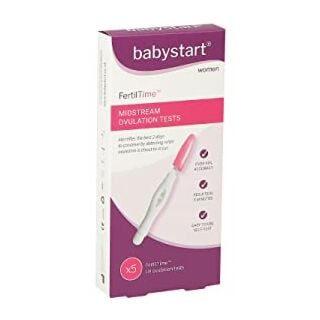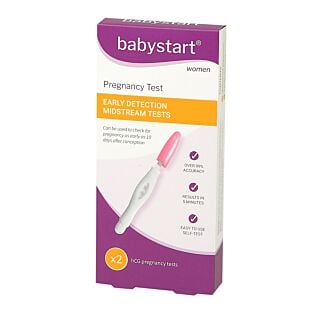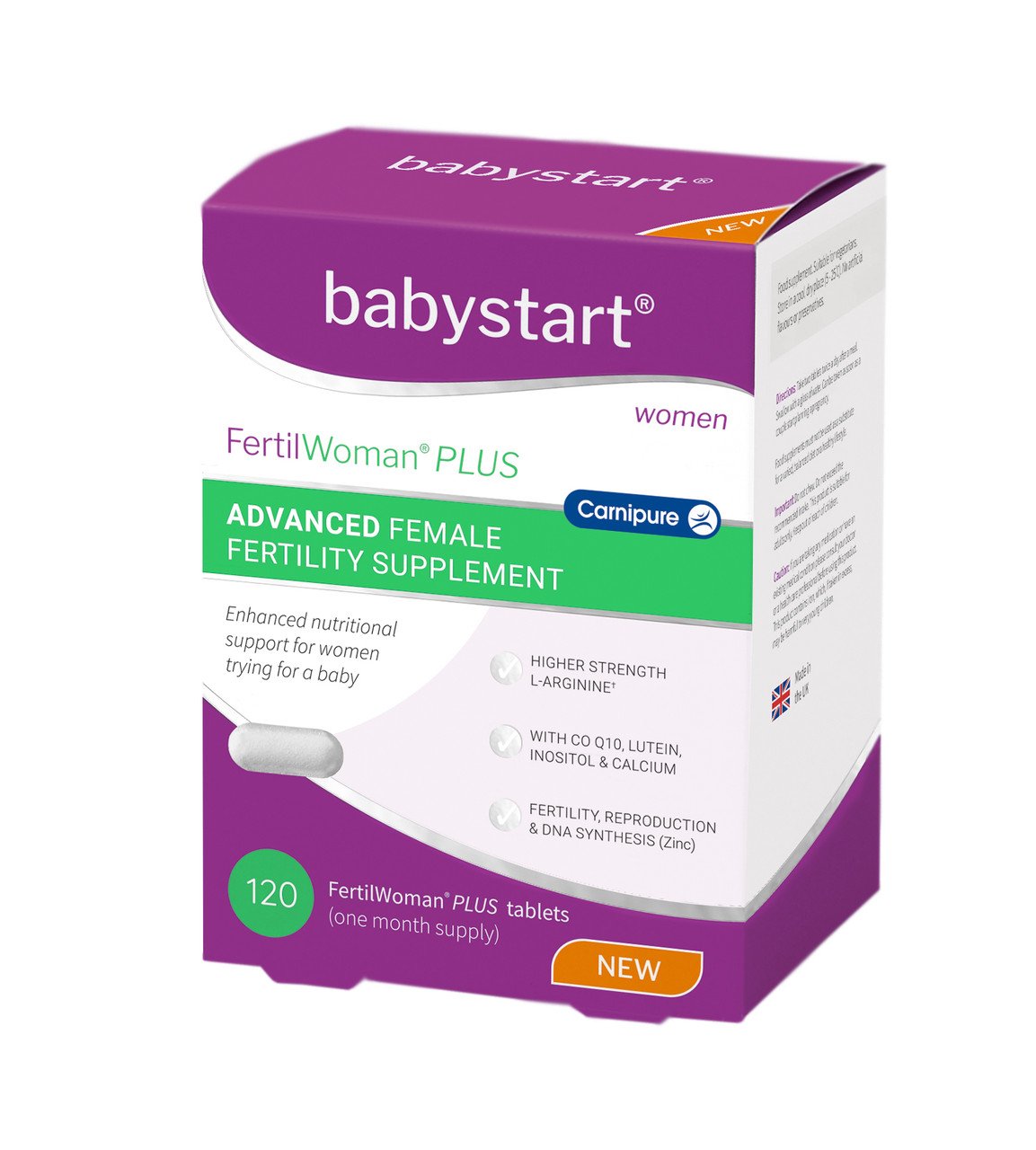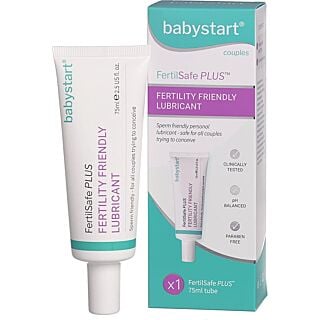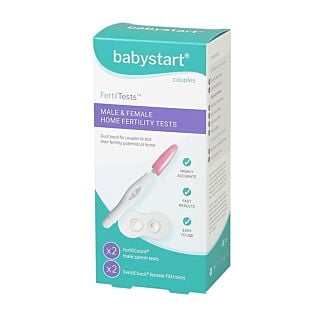Babystart
Wherever you are on your fertility journey, Babystart is here to help you from the very beginning. … Read More See less
They have bespoke, nutritional supplements, accurate and reliable home testing kits and even specialist lubricant to help you conceive naturally.
Related Guides

Free delivery when you spend over £30

100% discreet delivery for every item ordered

Fully regulated UK pharmacy
What vitamins should a man take when trying to conceive?
It’s not just women who should take vitamins when they’re trying to conceive, men can also reap the benefits of vitamins when it comes to improving sperm health.
Taking vitamin E and D may increase sperm mobility, while vitamin C may improve the quality of sperm.
Zinc supplements can help the sperm penetrate and fuse with the egg, in addition to boosting testosterone, sperm function, and sperm count.
Folic acid may be able to fix sperm abnormalities, resulting in a higher count of stronger, healthier sperm.
Does a low sperm count mean infertility?
No, you can still conceive naturally, but it might be more difficult.
A low sperm count is known as oligozoospermia, which is where a man has less than 15 million sperm per millilitre of semen.
To put this into perspective, an average man will have around 15 - 200 million sperm per millilitre of semen.
Why should you take an ovulation test?
There’s a short time period each month when it’s best for a woman to conceive, but it can be difficult to know when this window will be.
An ovulation test can give you an idea of your most fertile days so you know the best time to have sex and improve your chances of conception.
How soon can you do a pregnancy test?
It can be tempting to take a pregnancy test a few days after a missed period, but you should wait a week to ensure you get the most accurate result.
This is because it can take time for your body to develop the HCG (a hormone that’s released when a fertilized egg attaches itself to the uterus) that your pregnancy test will pick up to form a reading.

